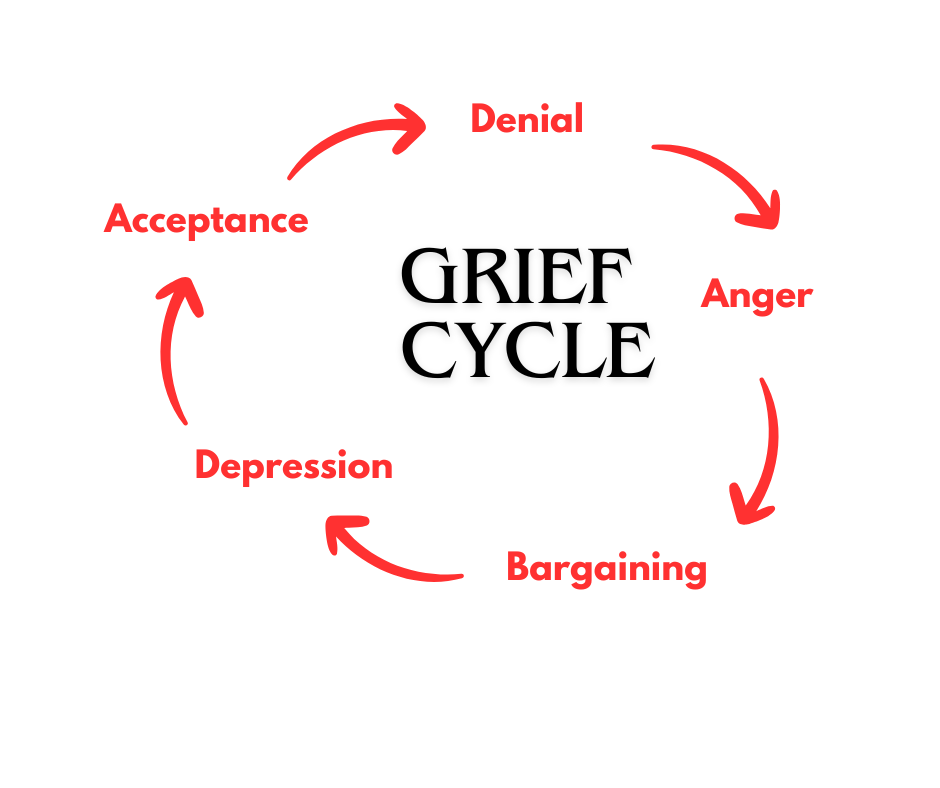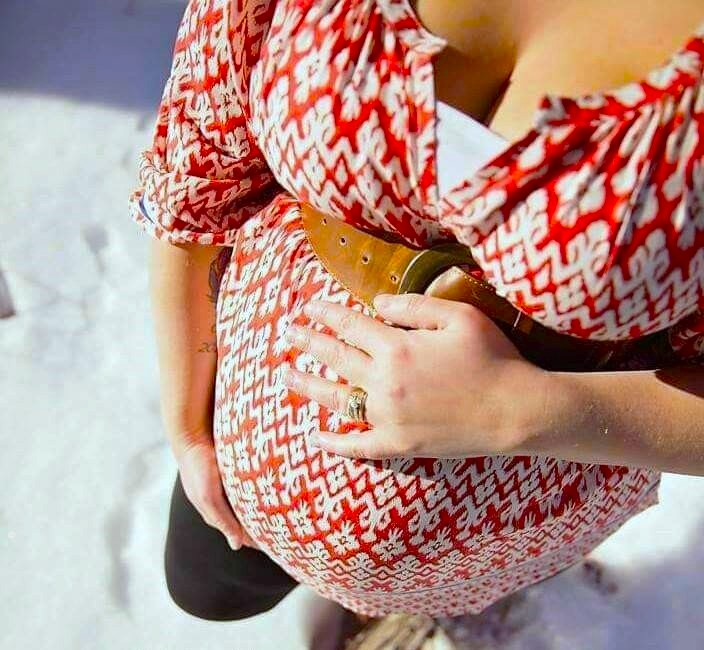Details
Creative Commons;
BC Women’s Hospital (2024) http://www.bcwomens.ca/health-info/pregnancy-parenting/miscarriage
Collie, Megan (2019), 15-20% Pregnancies end in Loss
Epstein, Sarah (2021) Psychology Today,
https://www.psychologytoday.com/ca/blog/between-the-generations/202107/2-types-invisible-grief
Fraser Health (2024), Community Resources.
Northern Health (2023)
Statistics Canada, (2020)
Tyul, (2024), Improving Access to
Watson, Marit A.; 1Jewell, Vanessa D.1 (2018) Journey Uninterrupted
World Health Organization, WHO/M. Purdie (2019)
https://www.who.int/news-room/spotlight/why-we-need-to-talk-about-losing-a-baby
Grief is like a hidden path in the woods, unseen but felt by those who walk it. There’s a type of grief that’s even harder to see – invisible grief. In this article, invisible grief is being referred to as pregnancy loss/infertility. Roughly 15%-20% of Canadian pregnancies end in miscarraige and living in rural communities it creates a barrier for accessing grief support. This kind of sadness is often ignored or hidden away because it’s not a societal norm to grieve these types of losses. But some people, like Alex, a Doula in Northern British Columbia, is determined to change that by addressing these issues, sharing other women’s stories, creating safe spaces to have dicussion’s that lead to healing and creating grief support that is accessible.

“Invisible grief is defined as mourning something you never had or failed to receive. The second definition is mourning a lost future.” Sarah Epstein, 2021.
The way a person processes grief is unique to them. Often women mask and carry on with their lives because they don’t know where to access support or even how to feel. It is important to acknowledging the emotional strain it can cause, pain, shame and guilt. When talking with women they often feel as though it something they did to lose the baby or their fault they can’t get pregnant. There are still societal pressures when it comes to being a woman and having children. There is some controversy in society or a comparison of grief or trauma. Every person is allowed to feel however they feel and grieve in a way that works for them.
- 15.7% of couples have problems with fertility
- 15% to 25% of pregnancies end in a miscarriage
- Ectopic pregnancy occurs in approximately 1-2% of diagnosed pregnancies
Grief cycle consists of 5 stages: Anger, Denial, Bargaining, Depression and Acceptance

Openly talking about grief is hard, but breaking the silence around invisible grief is the first step to creating spaces for sharing and healing. Many people feel like they have to keep their sadness to themselves because they’re afraid of being judged or not taken seriously. “Despite being a wealthy country, Canada continues to have significant access issues and equity barriers in health care.” (This creates another barrier that women face when trying to access health care and support during a miscarriage. It’s not just about healing but making services accessible to women across the province not just major cities. Pregnancy loss is defined differently around the world, but in general a baby who dies before 28 weeks of pregnancy is referred to as a miscarriage, and babies who die at or after 28 weeks are stillbirths
Where do we start?
-
Open communication: encourage open and honest conversations about grief/loss. Supports for the person and their partner.
-
Education: provide information and resources about grief, coping strategies, support groups and empowerment through community healing. Connect people with Fraser Health support, Northern Health and B.C Women’s Hospital. Access to Doula’s, Counsellor or Death Doula.
- Advocacy: Advocate for increased awareness, understanding, and support for individuals/families affected by pregnancy loss and infertility. Education for Employers and awareness around reproductive issues/loss.
- Support: Rather than saying “Everything happens for a reason, this wasn’t meant to be”, try saying something like “I’m so sorry. I can imagine this is very sad for you.” Rather than saying “At least you know you can get pregnant”, try just to listen. You may ask “How are you?”. Rather than saying “At least you have a healthy child already”, perhaps say “I’m deeply sorry for your loss”.

Photograph by Alex Watt

Photograph by Alexandra Watt
Leave a Reply